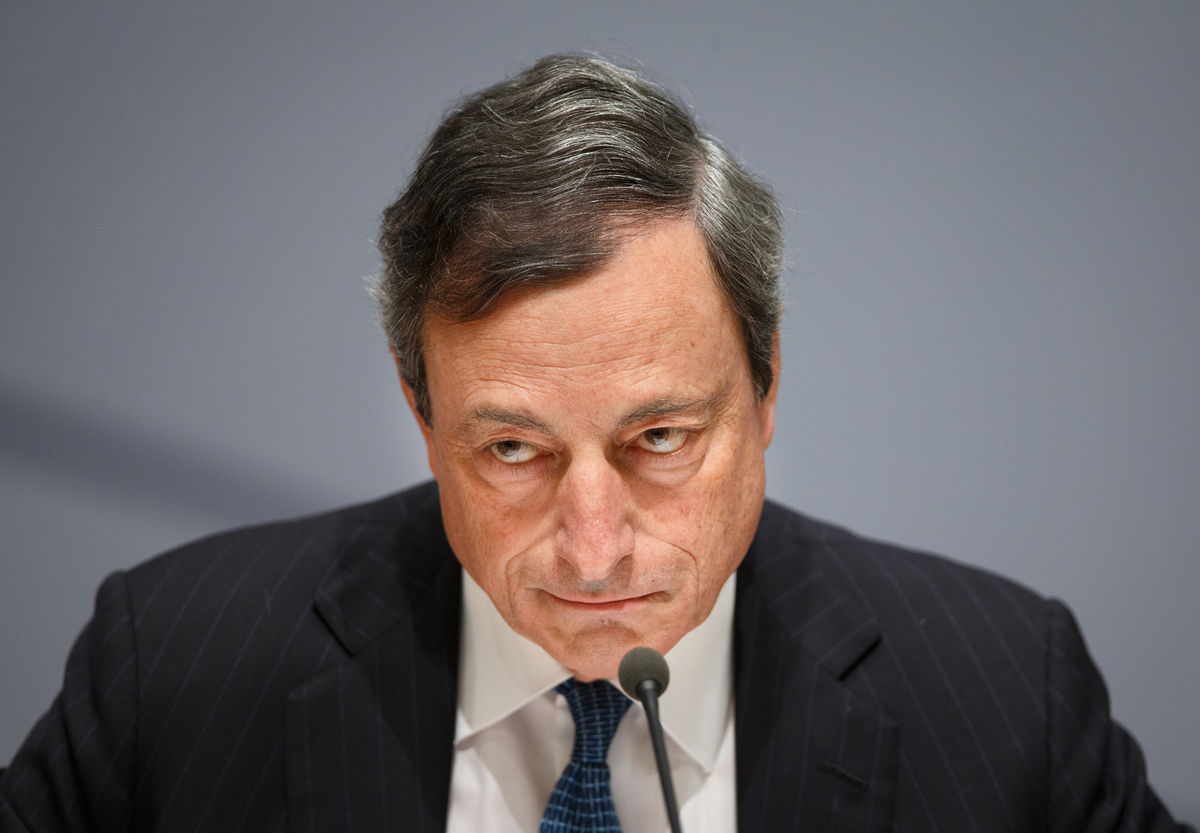It was July of 2012, at the height of the euro crisis when Mario Draghi uttered those words at a press conference in the ECB’s ivory towers. What he indicated was that the eurozone will remain one, at every expense if necessary. Draghi induced a sort of comfort into markets at the time. Greece had practically defaulted. The public debate was whether Brussels should get rid of the overly indebted country, and contagion was spreading to the rest of the European periphery like wildfire.
He threw a lifeline to the eurozone, kept the ship afloat by printing trillions of Euros, and bought up nothing short than the entire government bond markets of Italy, Spain and the likes, until he passed the ECB reign to Christine Lagarde in 2019. The world has since slipped into an even bigger crisis, the biggest since World War 2, and Draghi’s home country has been particularly hard hit by the pandemic. It wouldn’t have been Italy, if the country hadn’t been pushed into yet another political crisis as a result.
And so, it may only have been a question of time until his name was thrown into the ring of becoming his home country’s next leader. Sitting prime minister Giuseppe Conte, himself having been a compromise expert candidate at the time of his appointment, just lost the support of previous prime minister Matteo Renzi and his coalition faction. It was Renzi who first floated the idea of air-lifting Draghi into the hot seat. Some say it should already have happened when he left the ECB.
From an Italian perspective at least, the idea makes perfect sense. Draghi cannot be categorised politically, he will be the leader of a technocrat government, and he might be the most astute capacity when it comes to dealing with the epic economic crisis the country finds itself in. He is perfectly versed with central bank circles and knows how to manoeuvre the hallways of Brussels. And wasn’t it Angela Merkel who gave him the ECB nod over her own candidate Manfred Weber in 2011?
Presenting Italy’s position within the EU, Draghi could be the secret weapon needed for survival. It can be assumed that his “Whatever it takes…” rhetoric has not been lost on him. But this time, it would not be about minting the money that constitutes the monetary lifeline for Italy, it would rather be his aptness to get Brussels and Berlin onsite to keep helping him fund the bottomless pit that the country will be facing for a while longer, potentially indefinitely.
People may not want to see it that way, but Draghi will need to adopt almost schizophrenic traits in his transition. At the helm of the ECB, he disguised himself as impartial ruler over the entire eurozone’s money affairs, but he subtly induced monetary policies that bailed out his homeland. As prime minister, he will have to drop the art of disguise and be much more outspoken when luring the Germans into surrendering their sovereignty and pushing them further toward debt mutualisation.
Can he do it? I am pretty sure he thinks he can, or else he would not have accepted the mandate. Does it matter? Well, for the Germans it will, but people seem to be losing interest in what Berlin thinks and believe the grand project of sharing all European government debt is already a given. Besides, Germany has long been on the hook for a trillion of the periphery’s liabilities via the Target2 mechanism anyway. And if Super-Mario managed to bedazzle Berlin once, he might well be able to do it again.
